STEP 1: Don’t Panic
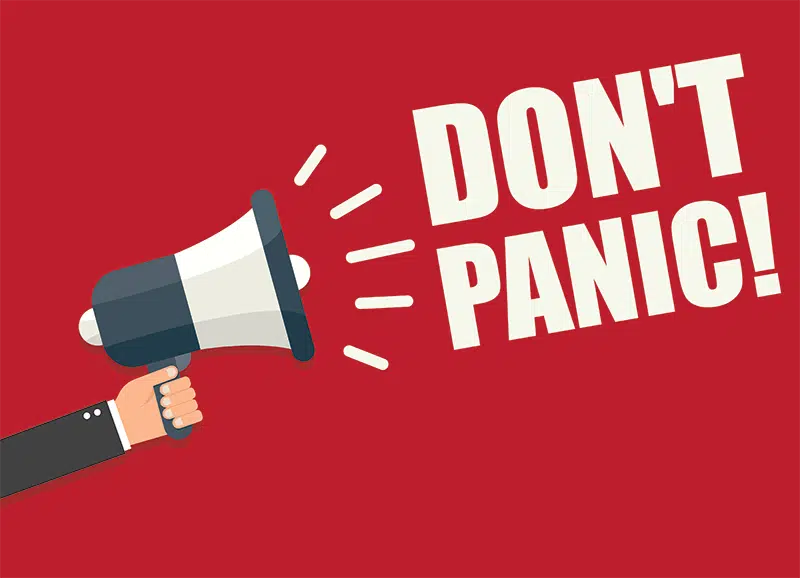
STEP 2: Steer to the Side of the Road
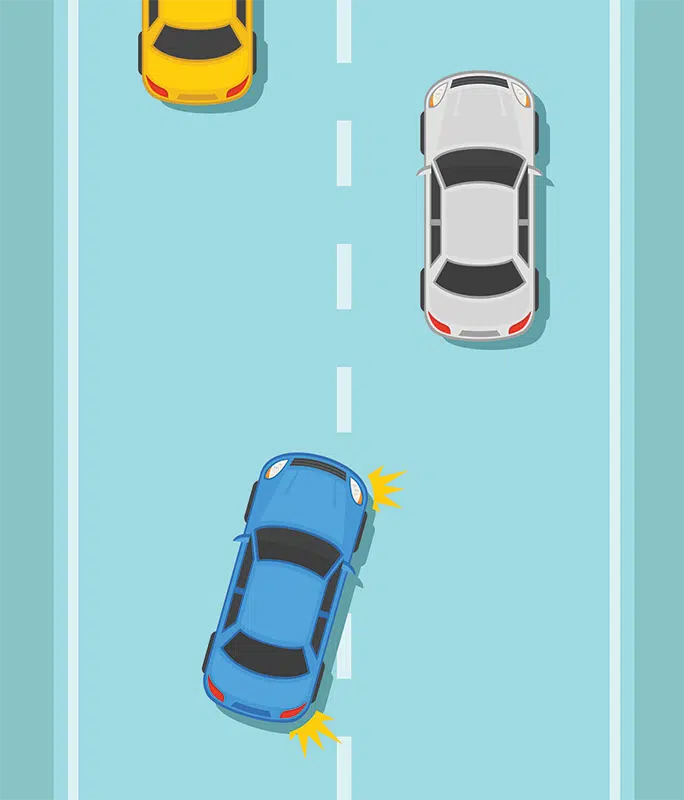
STEP 3: Turn On Your Hazard Lights
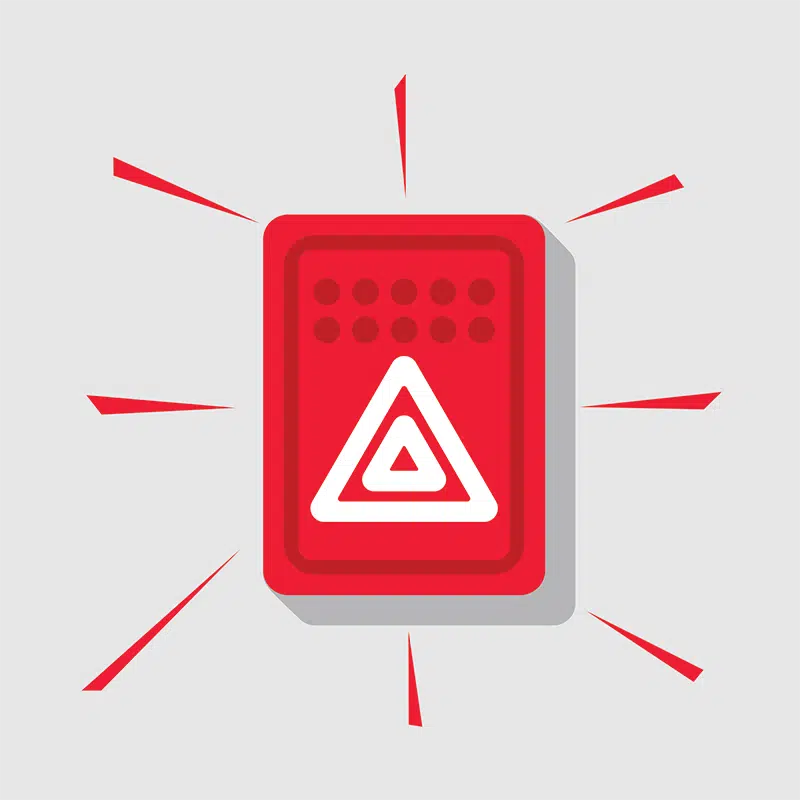
STEP 4: Determine Your Location
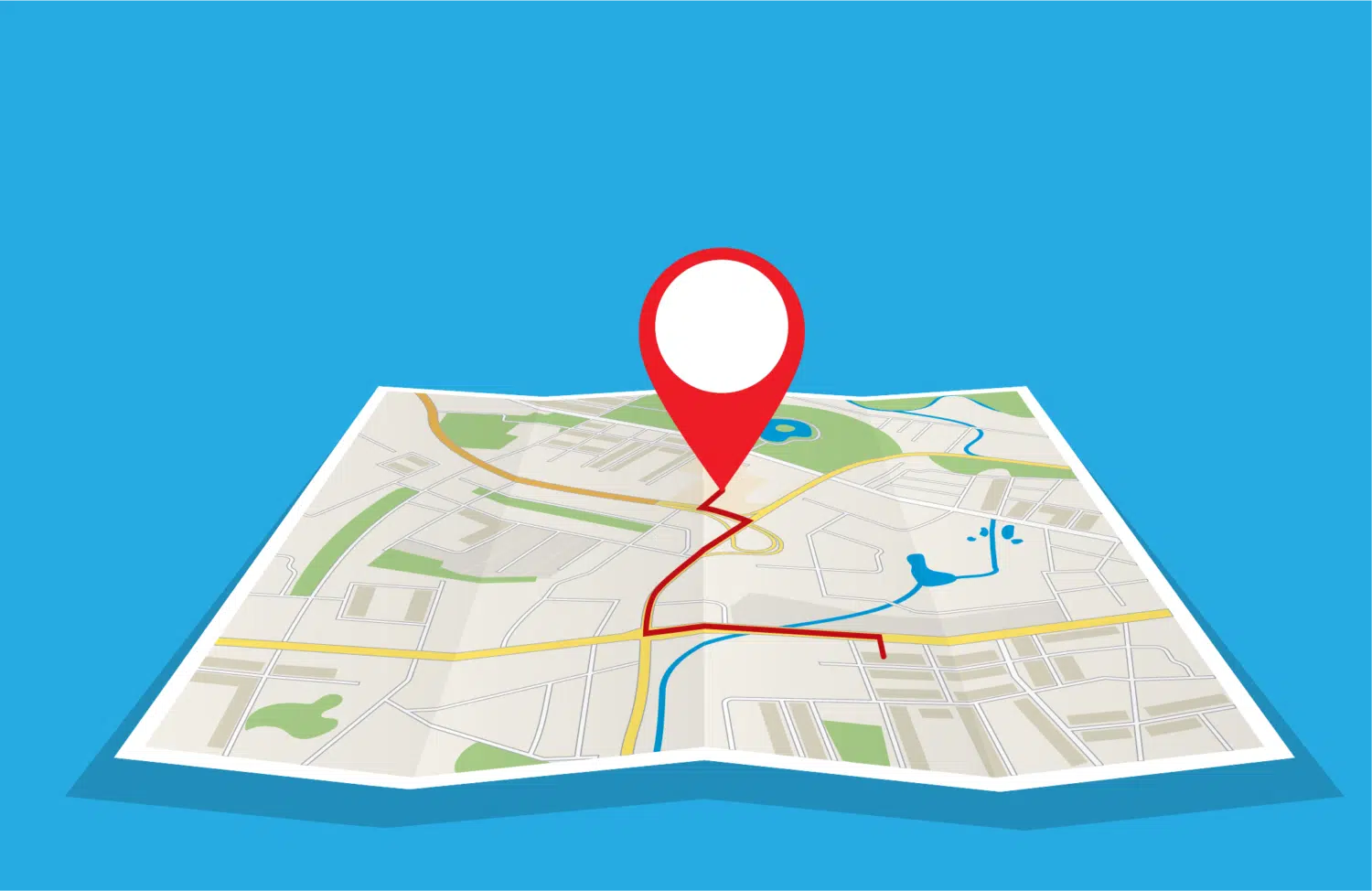
STEP 5: Call For Help

What Do You Do if You Run Out of Gas?
It may seem like it’s something easy to prevent, but running out of gas is common for drivers. We all live busy lives and get distracted, so remembering to fill up the gas tank could take a back seat. If this happens to you, don’t be hard on yourself. Just remember the important part is getting yourself and your passengers to safety while stuck on a busy roadway. Follow the steps listed above and with a little patience, you will be back on the road in no time.
What Happens When You Run Out of Gas While Driving?
Once your gas tank gets too low, you’ll immediately notice a change in how your vehicle is behaving. The gas pedal might not work when pressed or the vehicle might be sputtering and “jumping.” Sputtering is caused from air pockets in the gas line which cause the pistons to misfire. Usually, when the sputtering starts, you don’t have long before your vehicle turns completely off and you lose power steering. Losing your power steering can be difficult, especially if you never experienced it before today, so be sure to quickly and safely pull your vehicle to the side of the road before you lose engine power.
You Ran Out of Gas and Don’t Have Any Money
Ouch, this will make it a little harder to get you back on the road, but it’s not necessarily impossible. Getting yourself out of this mess will require a little luck. If you can’t call a friend to help you out, then you will need to find a local gas station and explain your situation to them. Hopefully, they will be nice enough to gift you some gas. Gas station owners/managers usually will help you if they can tell you are in a real bind. If not, then you may have to ask customers for a handout. This may be embarrassing and a humbling experience, but you really have no other choice.
If you have no clue where you are stranded and are miles away from a gas station, you should wait for help to come from someone driving past your parked vehicle. Turn on your hazard lights, put your vehicles hood up and try to safely flag another driver down to ask them for assistance. If you don’t feel comfortable getting into the vehicle with a stranger, then ask them if you can use their cell phone to call 911. Calling 911 is totally reasonable if you feel your safety is at stake. You don’t want to start walking in an unfamiliar direction without food or water because that could turn a bad situation into a dangerous one. Your best bet is to stay put until help arrives.
How to Prevent Running Out of Gas
The best preventative measure for running out of gas is to simply fill it up every time it gets below 1/2 a tank. Don’t wait until your running on fumes to visit a refueling station. Extra time spent at the pump will remove hours of waiting on the side of the road.
Another option is to check your insurance provider’s additional services. Most insurance companies come with free roadside assistance which will include fuel and fluid delivery. If you always have your phone with you on trips, then your roadside assistance provider will send fuel directly to you.
How to Start Your Car After Running Out of Gas
When you successfully receive your gas delivery, you should turn your key one click to prime the fuel lines. You may have to do this multiple times if your vehicle’s tank was completely empty. The point of priming the fuel lines is to remove the air pockets caused from the empty tank. After doing so, turn your engine on like normal and it should start with little difficulty.
What Damage Could Be Done From Running Out of Gas?
If you are driving an older vehicle, the chances are your gas tank will have a tiny amount of sediment floating around. This is a normal occurrence for older vehicles and it’s why your vehicle comes equipped with a fuel filter, but these sediments (if a large amount clumps together) may cause a blockage in the lines. This can cause problems if not addressed in the future because the added pressure from the fuel pumps as well as the blocked fuel injectors will damage your engine. If the right amount of debris gets into your fuel lines, you could turn a small problem into an expensive engine repair.

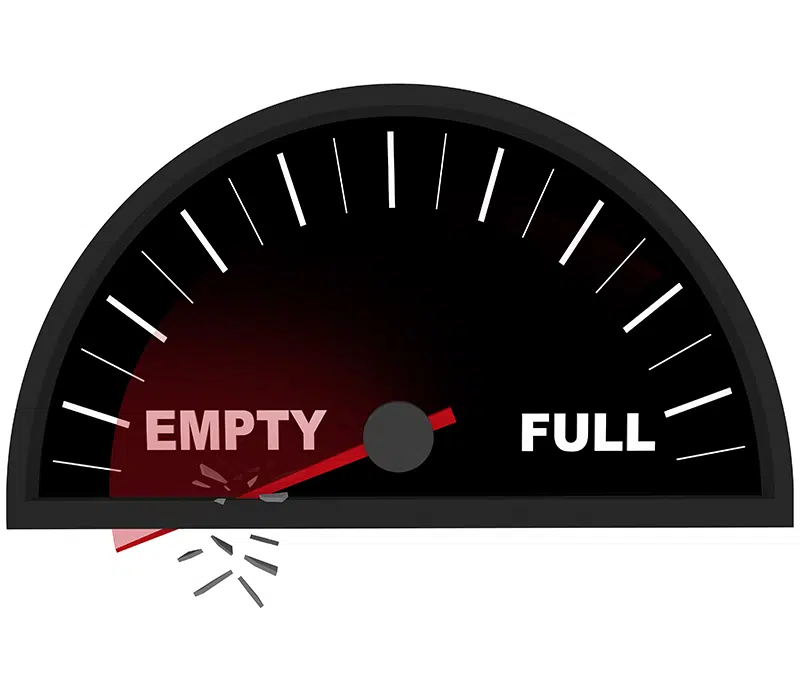
Comments are closed